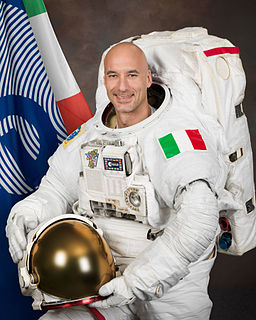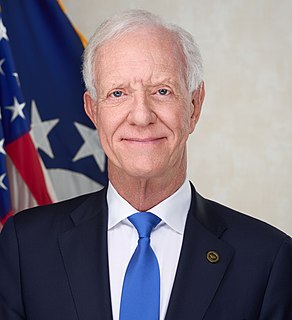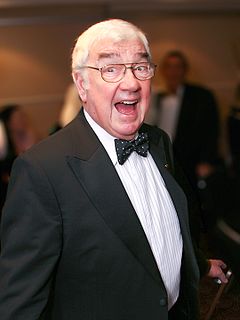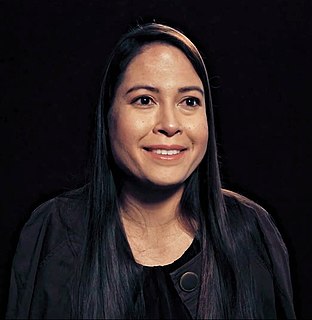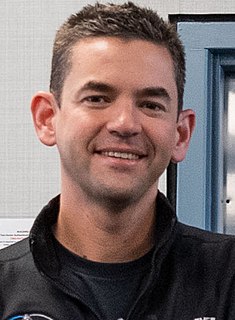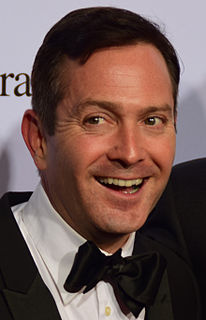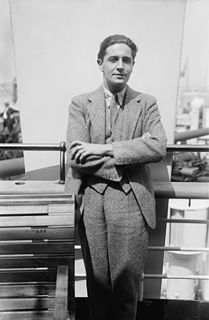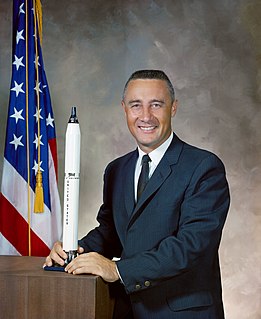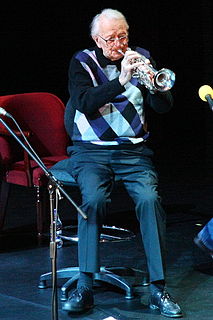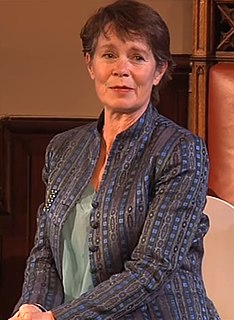A Quote by Luca Parmitano
I grew up and I kind of took the road of becoming a pilot, which was another dream I had of flying, and once I did attend the air force academy, that dream of flying became more like a project, and I wanted to be a fighter pilot, which I did. I became a fighter pilot.
Related Quotes
I grew up in a family where I was told there were no limitations on me as a girl and I could be anything I wanted to be. It wasn't until I joined the military that I realized that just because I was a woman - just because I had ovaries - I couldn't become a fighter pilot.These structural limitations were the motivation for me becoming a fighter pilot in the first place.
If you would've asked me about getting a pilot's license before 2005, I'd say you were crazy. After I graduated college, a fighter pilot asked me if I wanted to go up on a flight in a single-engine plane. I always had a fear about being in an airplane, but I took this opportunity to go up on my first flight in a single-engine rather than a big commercial plane I was accustomed to. I was hooked and made a commitment to become a pilot. I wanted to motivate others to not let fear stand in the way of their opportunities.
